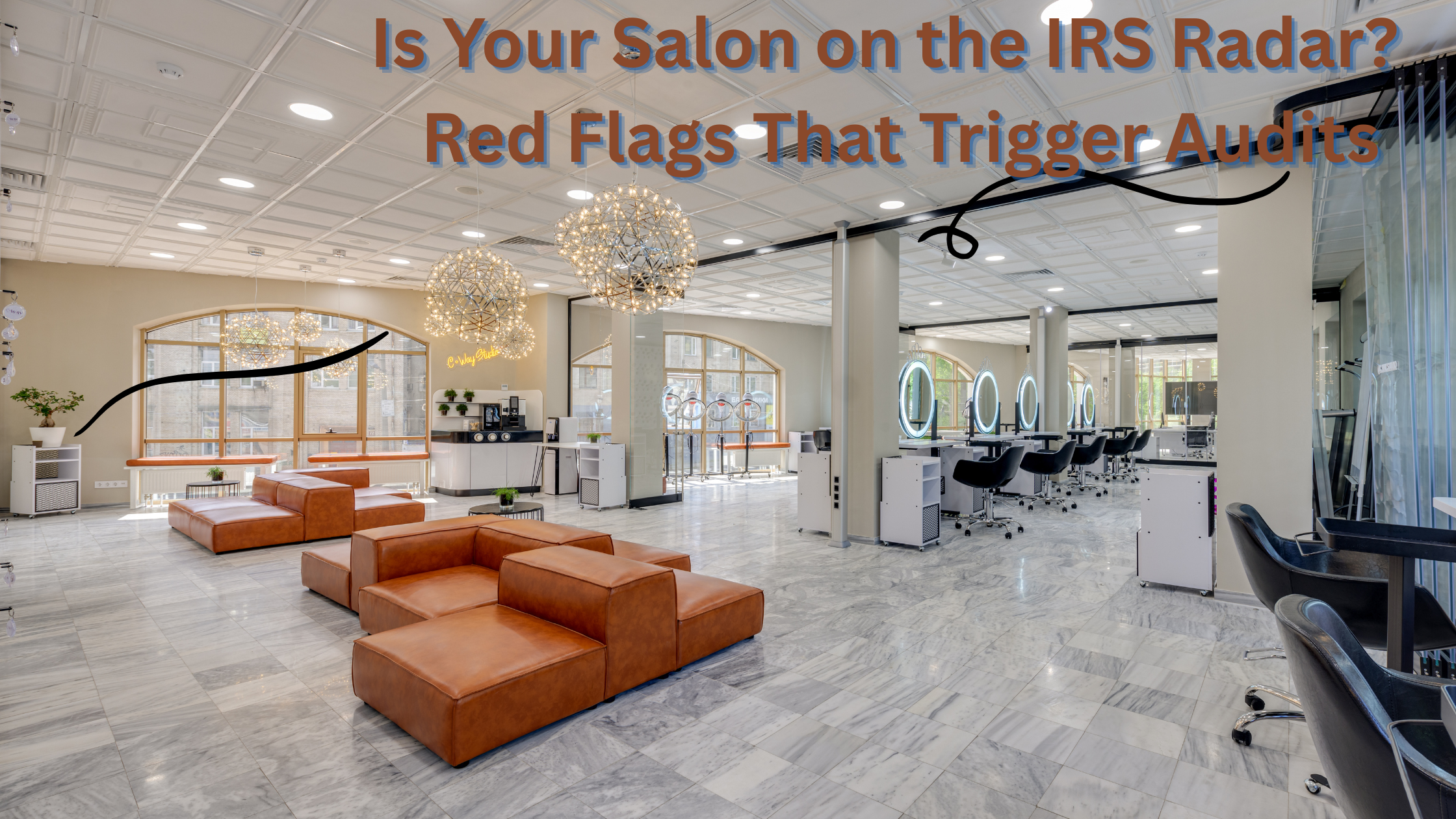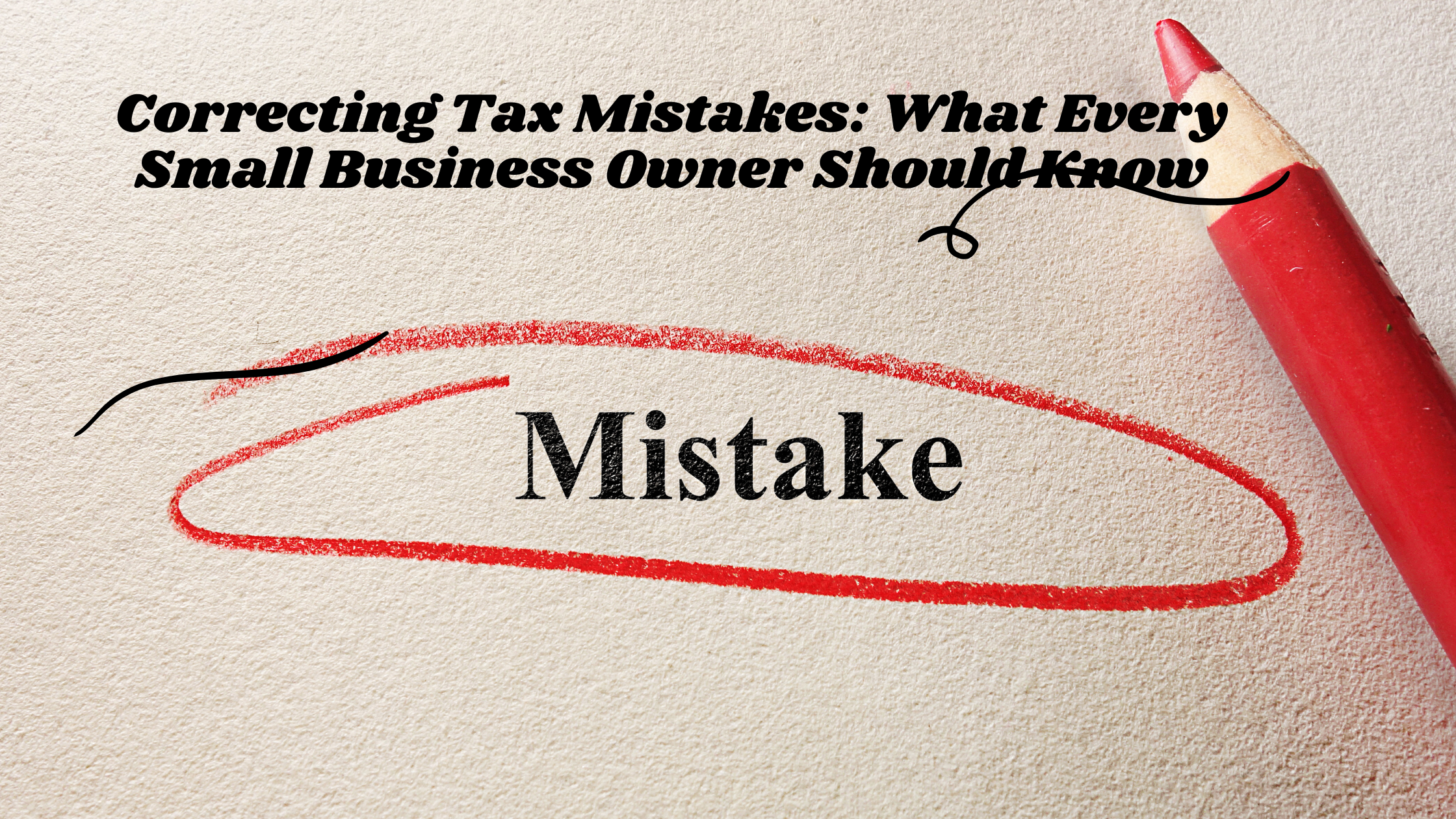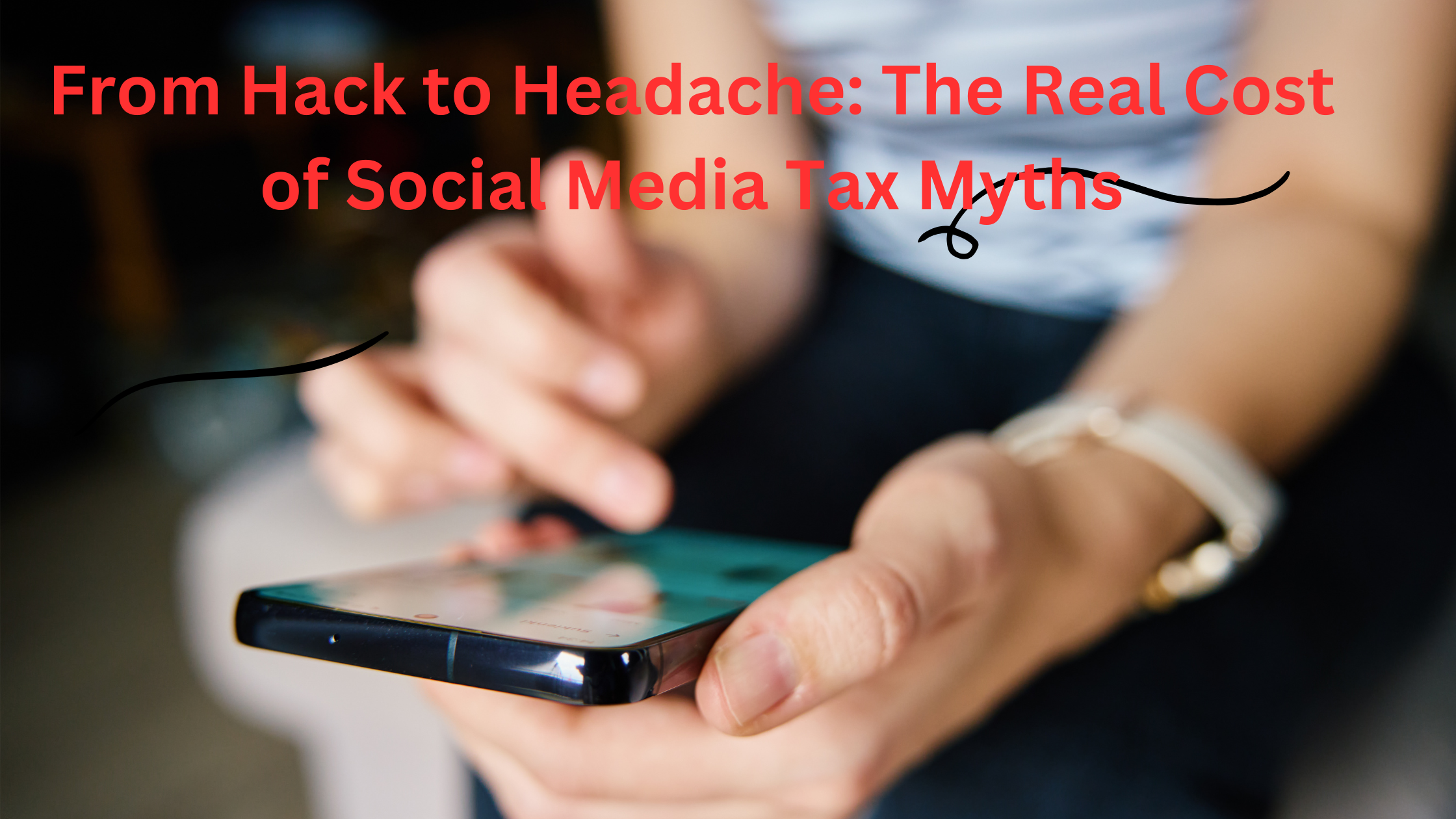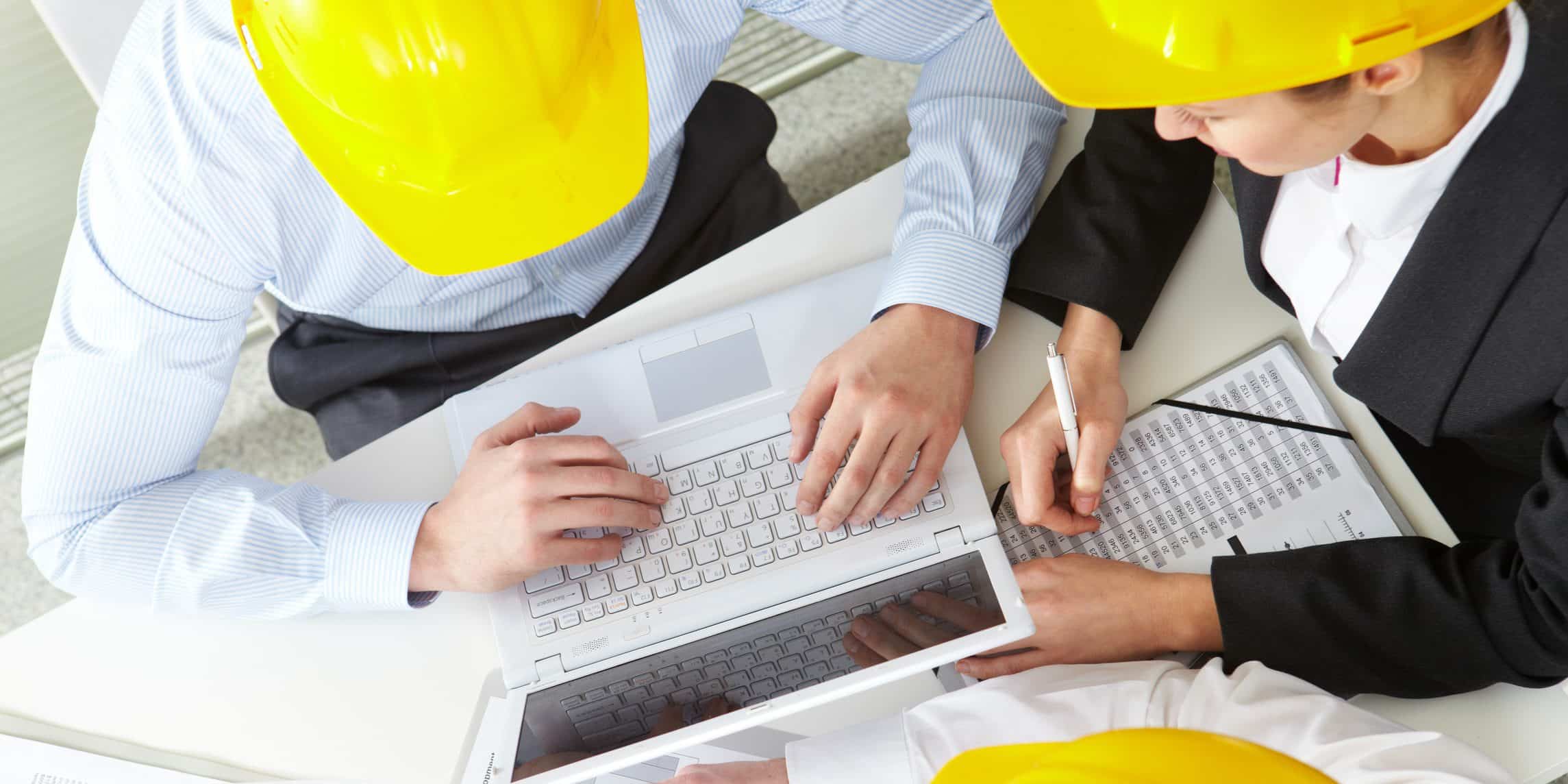Life presents us with many choices: paper or plastic, chocolate or vanilla, regular or decaf. For businesses, a common conundrum is buy or lease. You’ve probably faced this decision when considering office space or a location for your company’s production facilities. But the buy vs. lease quandary also comes into play with equipment.
Pride of Ownership
Some business owners approach buying equipment like purchasing a car: “It’s mine; I’m committed to it and I’m going to do everything I can to familiarize myself with this asset and keep it in tip-top shape.” Yes, pride of ownership is still a thing.
If this is your philosophy, work to pass along that pride to employees. When you get staff members to buy in to the idea that this is your equipment and the success of the company depends on using and maintaining each asset properly, the business can obtain a great deal of long-term value from assets that are bought and paid for.
Of course, no “buy vs. lease” discussion is complete without mentioning taxes. The Tax Cuts and Jobs Act dramatically enhanced Section 179 expensing and first-year bonus depreciation for asset purchases. In fact, many businesses may be able to write off the full cost of most equipment in the year it’s purchased. On the downside, you’ll take a cash flow hit when buying an asset, and the tax benefits may be mitigated somewhat if you finance.
Fine Things about Flexibility
Many businesses lease their equipment for one simple reason: flexibility. From a cash flow perspective, you’re not laying down a major purchase amount or even a substantial down payment in most cases. And you’re not committed to an asset for an indefinite period — if you don’t like it, at least there’s an end date in sight.
Leasing also may be the better option if your company uses technologically advanced equipment that will get outdated relatively quickly. Think about the future of your business, too. If you’re planning to explore an expansion, merger or business transformation, you may be better off leasing equipment so you’ll have the flexibility to adapt it to your changing circumstances.
Last, leasing does have some tax breaks. Lease payments generally are tax deductible as “ordinary and necessary” business expenses, though annual deduction limits may apply.
Pros and Cons
On a parting note, if you do lease assets this year and your company follows Generally Accepted Accounting Principles (GAAP), new accounting rules for leases take effect in 2020 for calendar-year private companies. Contact us for further information, as well as for any assistance you might need in weighing the pros and cons of buying vs. leasing business equipment.




